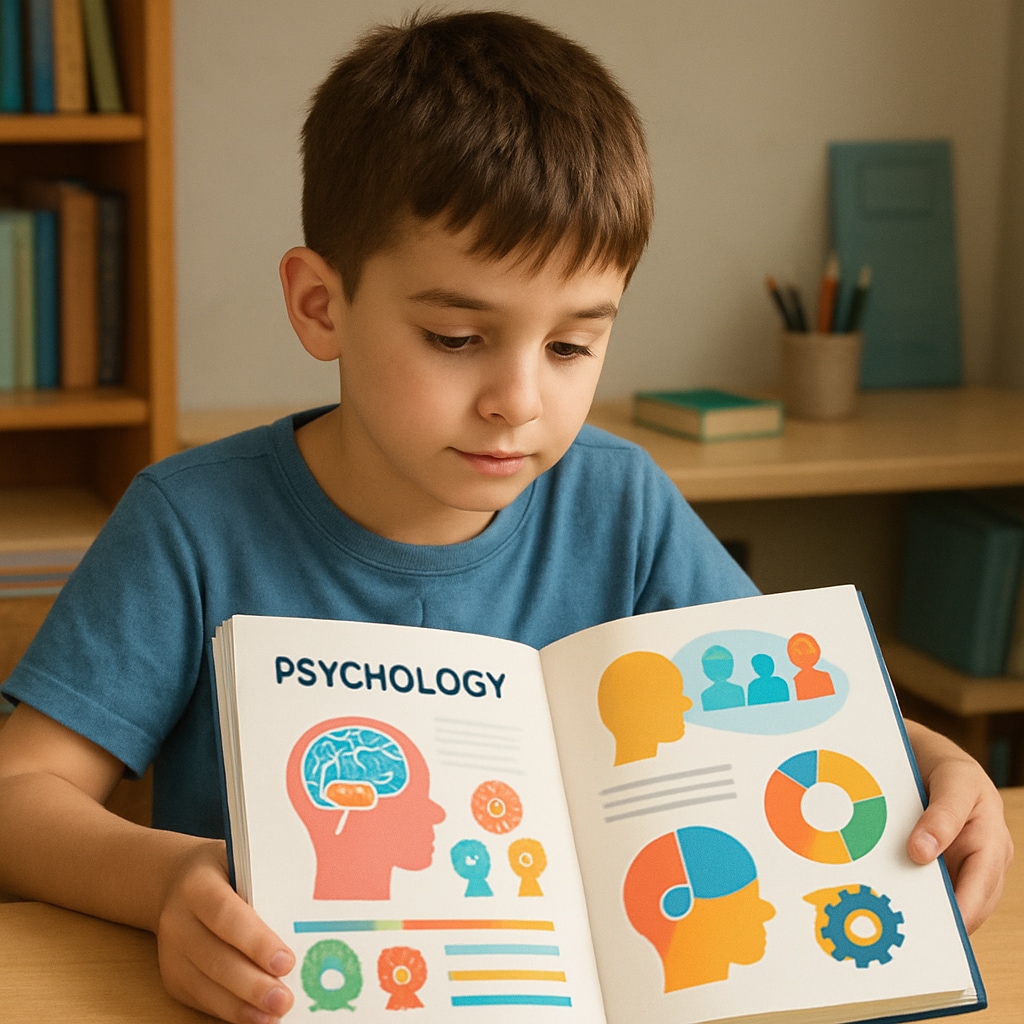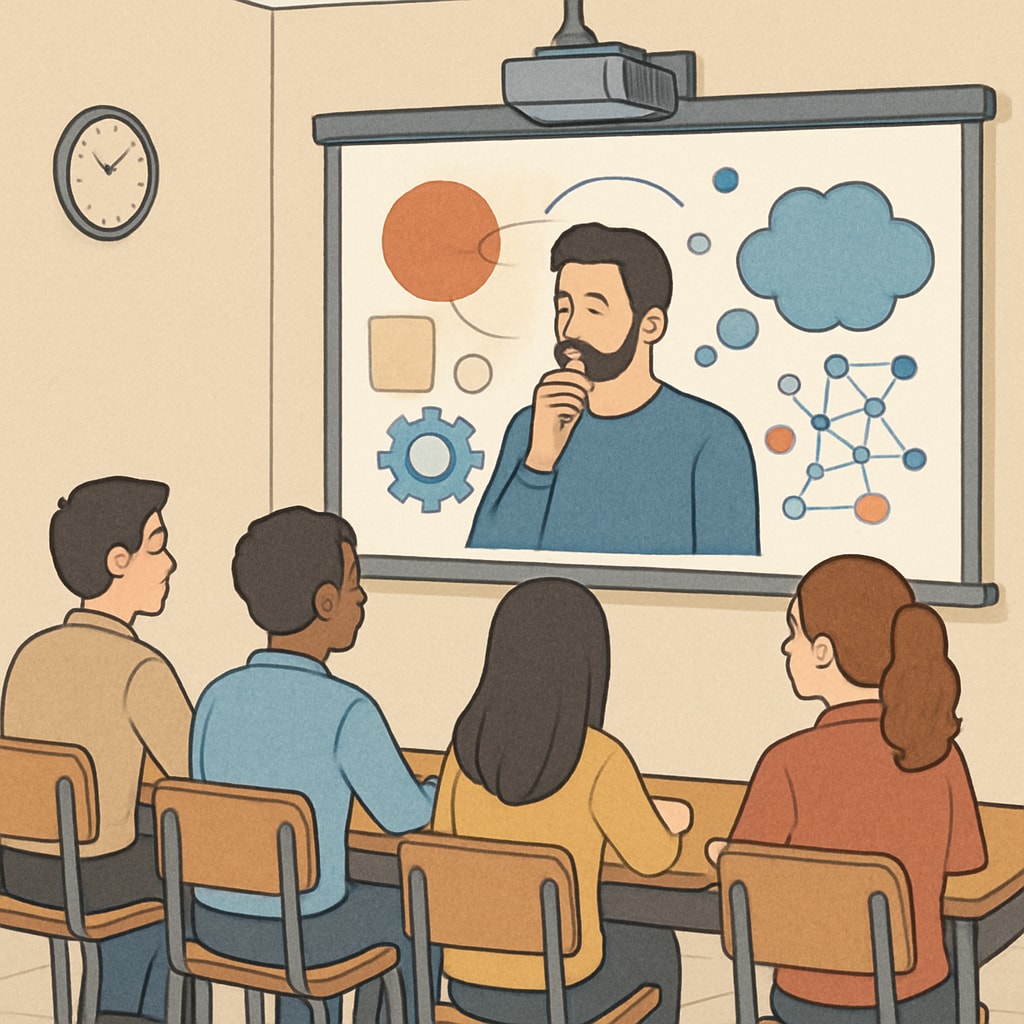In today’s rapidly evolving world, fostering critical thinking skills has become more important than ever. While traditional school curriculums offer structured learning, students can gain deeper insights by exploring psychology and philosophy through self-learning methods. This guide offers accessible resources and strategies designed for K12 students to explore these subjects independently.
The Importance of Psychology and Philosophy in Early Education
Psychology helps students understand human behavior, emotions, and mental processes, while philosophy encourages critical thinking and exploration of fundamental questions about existence, ethics, and knowledge. Introducing these subjects at a young age enhances logical reasoning, empathy, and problem-solving skills, all of which are crucial for personal and professional growth.

Accessible Resources for Self-Learning
For K12 students interested in psychology and philosophy, there are plenty of accessible tools available. Here are some of the best options:
- Books: Engaging titles like Sophie’s World by Jostein Gaarder (philosophy) and The Psychology Book by DK (psychology) offer beginner-friendly introductions.
- Online Courses: Platforms like Coursera and edX provide free beginner-level courses.
- Podcasts: Series such as “The Psychology Podcast” and “Philosophize This!” are excellent for bite-sized learning.
- Interactive Tools: Websites like Simply Psychology offer easy-to-understand articles and case studies.

How to Incorporate Self-Learning into Daily Life
Balancing self-learning with regular schoolwork can be challenging. Here are practical tips for K12 students:
- Set Goals: Define clear objectives, such as learning about one psychological theory or philosophical concept each week.
- Dedicated Time: Allocate 20–30 minutes daily for reading, listening to podcasts, or watching educational videos.
- Join Groups: Participate in online forums or school clubs to discuss ideas and collaborate with peers.
- Keep a Journal: Reflect on new insights and apply them to everyday scenarios.
By integrating these practices, students can gradually build their understanding and appreciation for psychology and philosophy.
Building Critical Thinking Skills Through Psychology and Philosophy
Studying psychology and philosophy naturally enhances critical thinking. For example, learning psychological principles like cognitive biases encourages students to evaluate their decision-making processes. Similarly, philosophical inquiries into ethics and logic train the mind to approach problems rationally and systematically.
As a result, these subjects foster intellectual curiosity, creativity, and the ability to engage in meaningful discussions—a foundation for lifelong learning.
Conclusion: Introducing psychology and philosophy during the K12 stage can profoundly impact a student’s intellectual growth. With the resources and methods shared in this guide, students can embark on a rewarding journey of self-discovery and critical thought, enriching their perspectives beyond the traditional curriculum.


